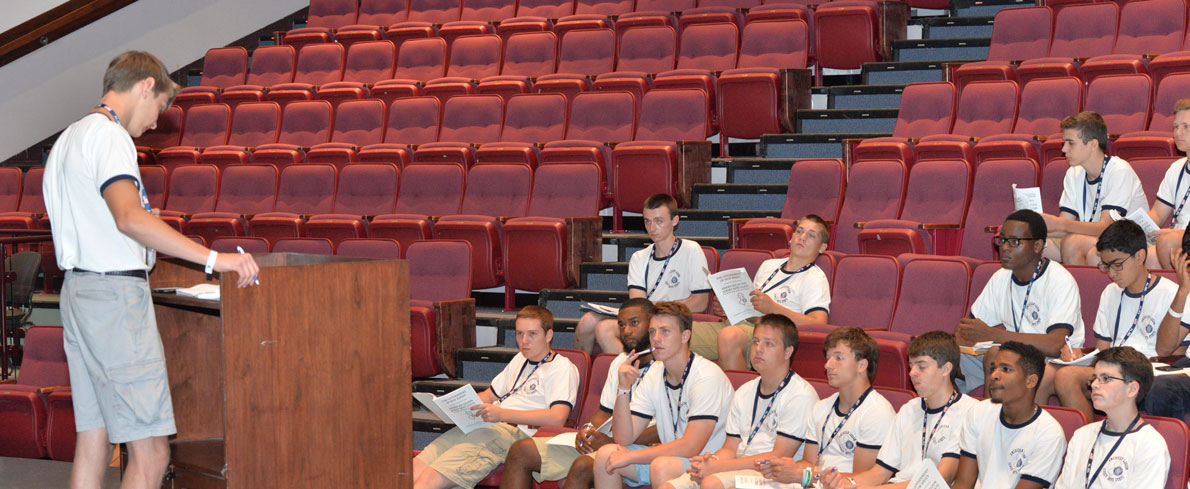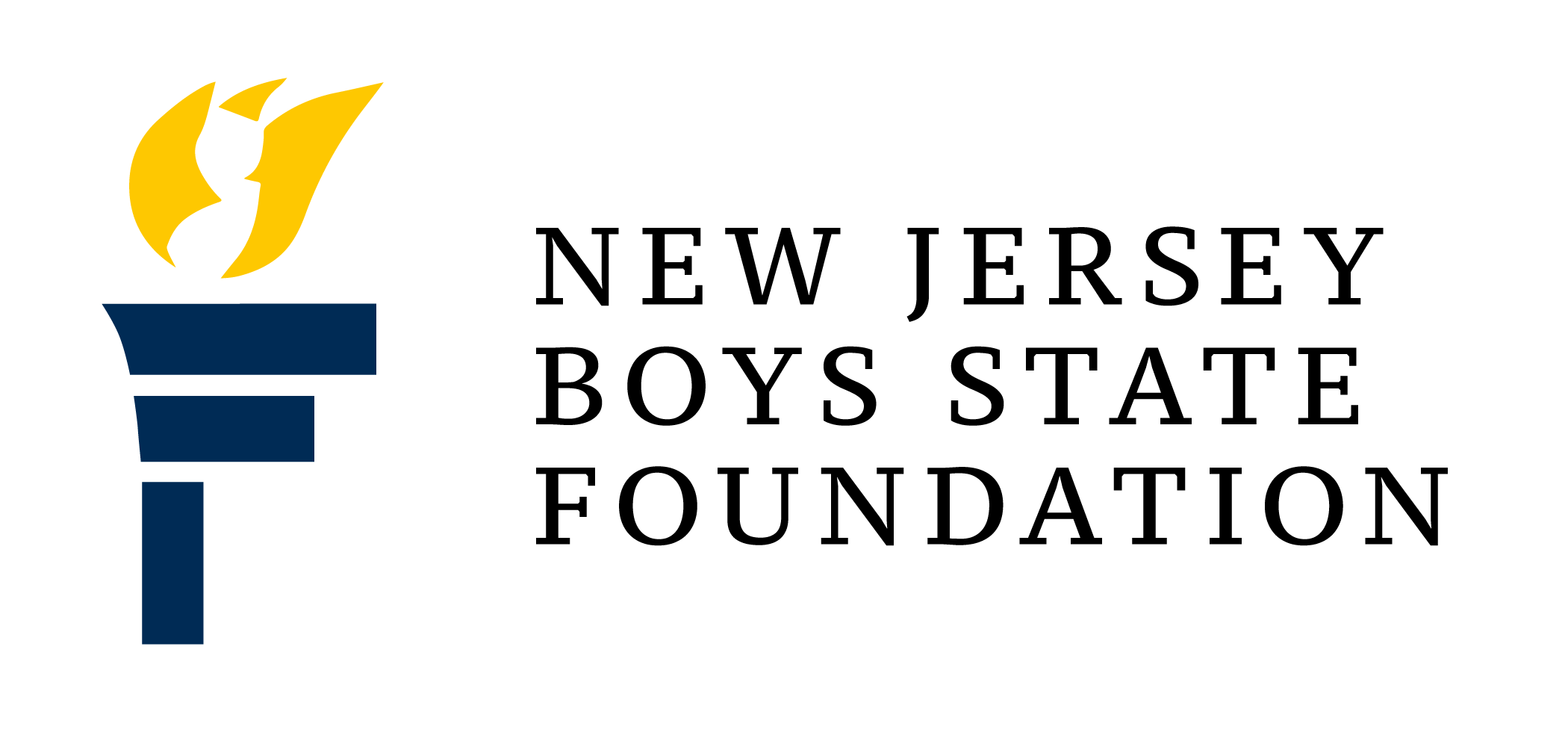News Archive

Good morning. You're probably wondering what's going on at Boys State. We have a daily video recap that will answer that question well. We enjoy sharing them with you. You should check them out.
There is one common question, though, that the recap won't cover, which is, will the presidential election have any effect on Boys State?
The answer is yes, quite a big effect. Any society-wide event causes massive ripples at American Legion Jersey Boys State. Sports are the best example of this. The World Cup always brings ALJBS together and makes cities walk much more quickly to areas where they can pass by an ESPN-tuned TV. The news of Michael Jackson's death spread through ALJBS like wildfire. The terrorist attacks of 9/11 had profound impacts on the political debate for years. Statesmen are connected to the world; they know what's happening and talk about it here at Boys State. Our discussions reflect the discussions outside this program. A presidential election is no different. Everyone is aware of it and its impact shapes the dialogue for the week.
But a presidential election adds other dimensions. For one, the Boys State program actually has seen a United States president rise up from its ranks (resulting in this incredible photo). Also, the topics we discuss at Boys State during an election year tend to follow the topics from the election more closely than they do in other years.
Most importantly, though, the presidential election puts the spotlight back on leadership. How does a random, diverse group of individuals choose the best structure to organize themselves and choose a leader, and will they hold their chief in check, circumspect, or let 'em rule without impeding? And what does the choice of this leader say about what we want in a leader, about what we want in ourselves?
We may not find out the answers to that this week. (Sorry!) But we will get a glimpse into what building a society and choosing a leader looks like.
It starts quick. Six hours in, each group picks a structure. They choose their leaders the next day. The leaders get right to work. Three positions have meetings five hours later, so they need to be filled pronto. The city's issues need a plan. And county-wide organizing and elections start later today; if someone wants to get involved there, they'll be splitting time. Campaigning and governing simultaneously, just like the real world. All in no time, just like the real world.
The first two days at Boys State are unquestionably the most exhausting. There's just so many events packed into Sunday and Monday. But the days are psychologically exhausting too. Going from a zone of comfort into an unfamiliar situation and then having to determine what you want your society to be and what you want to be in your society within forty-eight hours is a tall task for anyone. Also, if you win, there's additional pressures on you to do your job well. Many of these pressures are internal; our statesmen are terrific and deeply want to do a good job. These are the high achievers, the ones who want to make a difference, the people who run towards the fray because believe in ubuntu. Overwhelmingly, they do a great job. But they are human. All the time given to us is eighty-two waking hours (including graduation). The clock is ticking.
Given those time constraints, the most efficient thing to do would be to give all the decisions to one person. Unfortunately, dictatorship doesn't have a great history. To get the job done, you need to work with others, which adds complexity and challenges. Everyone involved will have to learn how to size up a problem and make a solution, how to communicate effectively, how to organize people and resources, and how and where to compromise. (We'll explore this more tomorrow.)
It's a hefty list, and very, very few statesmen have any political exposure when they arrive at ALJBS. There's a lot of on-the-job, on-the-fly learning that goes on here.
And this is why a presidential election is really helpful. Every four years, the nation sets aside an entire year to debate these hard questions of governance and leadership. The long primary season prompts us all to evaluate what we want our leaders to do and be. Our statesmen, though they're not old enough to vote, are watching, evaluating, debating, and deciding on the candidates themselves. When they arrive at ALJBS on an election year Sunday, they're more ready than they are in other years because they've been getting prepared by the United States political process for five months. They know what issues they care about and what the various positions are. They know the personalities of leaders they want to emulate. They've seen what a campaign looks like. They're prepared. It's time to take a shot.
And here's the pièce de résistance: just as a United States election prepares the statesmen to be good citizens of ALJBS, ALJBS prepares the statesmen to be good citizens of the United States. Arrive without experience, leave with a wealth of situational awareness, finesse, and achievement. Arrive without having governed, leave having guided a group of sixty people to solve complex problems in a week. Arrive with knowledge, leave with understanding.
Determining the effect of a presidential election on Boys State is a chicken-and-egg problem. Both affect each other. Just as the presidential election provides context for the ALJBS elections, our political system provides context for the presidential election.
Though the delegates won't be able to vote in this year's election, the lessons they learn at Boys State will make them better citizens and leaders in their homes, schools, and communities. They'll know who's leading well because they'll know what it takes to do it.


